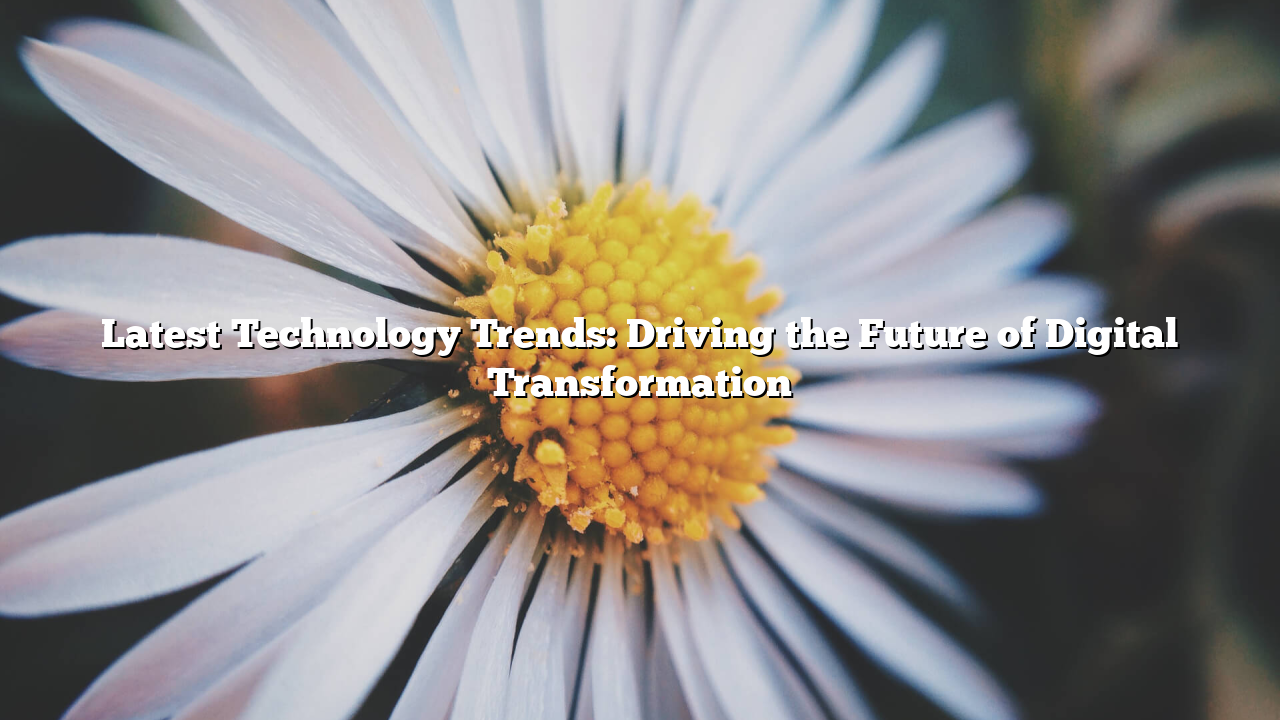In today’s rapidly evolving world, technology has become a cornerstone of transformation across nearly every industry. From how people communicate and work, to how businesses operate and innovate, emerging technologies continue to reshape the global landscape. The latest technology trends Tempur99 not only offer new opportunities but also present challenges that demand careful consideration.
One of the most significant advancements is the rise of Artificial Intelligence (AI). AI has moved far beyond simple automation and is now capable of advanced data processing, predictive analytics, and even creative tasks. Generative AI, for instance, powers intelligent chatbots, image generation, and personalized content creation. Industries such as healthcare, finance, and education are increasingly relying on AI to streamline operations, improve decision-making, and enhance user experience. While its benefits are immense, ethical concerns regarding bias, privacy, and workforce displacement remain central topics of discussion.
Another rapidly growing trend is the Internet of Things (IoT). By connecting devices to the internet, IoT enables seamless communication between machines, creating smart homes, autonomous vehicles, and efficient industrial systems. This interconnectedness enhances convenience and efficiency but also introduces new cybersecurity risks that must be addressed to safeguard sensitive data and ensure user trust.
The rollout of 5G technology is also transforming the digital ecosystem. With its ultra-fast internet speed and reduced latency, 5G enables innovations such as immersive virtual reality (VR), augmented reality (AR), telemedicine, and smart cities. Businesses can leverage this infrastructure to optimize supply chains, improve automation, and create new consumer experiences. However, the deployment of 5G also requires significant investment in infrastructure and poses regulatory challenges in different regions.
Equally important is the rise of blockchain and Web3 technologies. Initially associated with cryptocurrencies, blockchain has proven its value in offering transparency, security, and decentralization across multiple sectors. From digital identity management to supply chain tracking, blockchain applications continue to expand. Web3, with its promise of a decentralized internet, aims to give users greater control over their data and digital interactions. Despite these advantages, mass adoption is still hindered by regulatory uncertainty and technical limitations.
Another pressing trend is the development of green technology. As concerns about climate change intensify, innovators are focusing on sustainable solutions, including renewable energy, electric vehicles, and energy-efficient devices. Green technology not only reduces environmental impact but also provides long-term economic benefits for both businesses and consumers. Companies across industries are increasingly integrating eco-friendly practices into their strategies to align with global sustainability goals.
Meanwhile, quantum computing is emerging as a groundbreaking field with immense potential. Though still in its early stages, quantum computing promises to solve highly complex problems that traditional computers cannot handle. This technology could revolutionize fields such as pharmaceuticals, climate modeling, cryptography, and artificial intelligence. Global tech giants and research institutions are investing heavily in quantum research, signaling its future importance in shaping advanced industries.
Taken together, these trends highlight a future that is increasingly digital, interconnected, and sustainability-driven. Yet, challenges remain. Issues of privacy, security, inequality in digital access, and ethical dilemmas surrounding AI require ongoing attention. Governments, businesses, and individuals must collaborate to ensure that technology serves humanity inclusively and responsibly.
The latest technology trends demonstrate not only the pace of innovation but also the importance of guiding these advancements toward a future that is both progressive and ethical. By embracing innovation while addressing potential risks, society can unlock technology’s full potential to improve lives, drive economic growth, and create a sustainable digital future.
